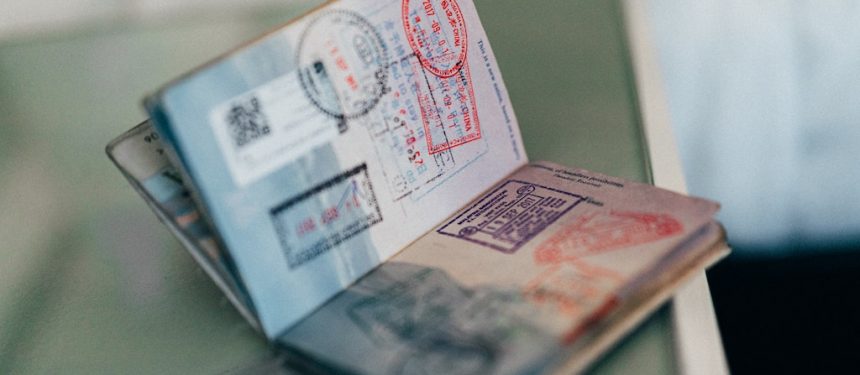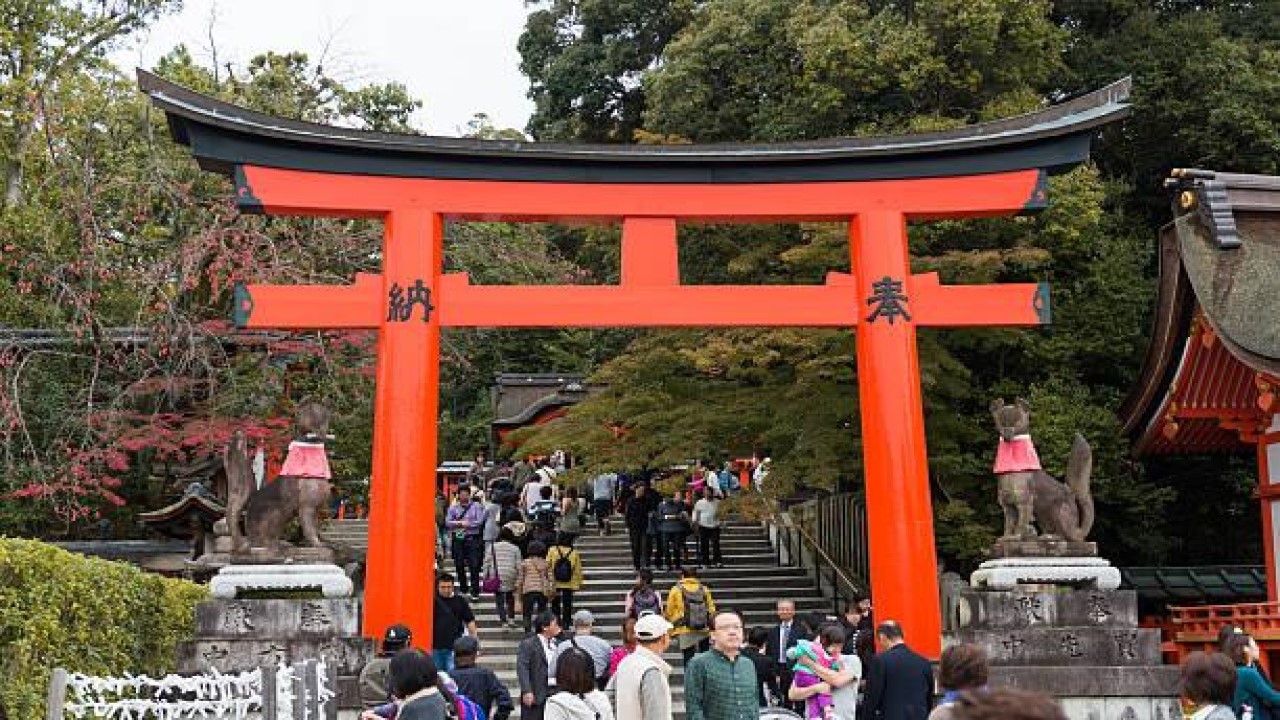In the wake of the global COVID-19 pandemic, international travel has undergone a profound transformation. Countries around the world have adapted their visa policies and entry requirements to ensure the safety of both residents and visitors. New Zealand, renowned for its stunning landscapes, rich culture, and welcoming people, is no exception. As the world gradually emerges from the grip of the pandemic, navigating the process of obtaining a New Zealand visa requires a nuanced understanding of the new rules and regulations put in place to safeguard public health while facilitating travel and tourism.NEW ZEALAND VISA POST COVID
Understanding the Changes:
The onset of the COVID-19 pandemic prompted New Zealand, like many other nations, to implement stringent measures to control the spread of the virus. These measures included restrictions on international travel and the imposition of entry requirements such as mandatory quarantine and testing protocols. While these measures were essential for protecting public health, they also had significant implications for individuals seeking to visit or immigrate to New Zealand.
Visa Categories and Requirements:
New Zealand offers a range of visa categories to suit various purposes of travel, including visitor visas, work visas, student visas, and residency visas. Each category has its own set of requirements and criteria that applicants must meet. In the post-COVID era, additional requirements related to health and safety have been introduced to mitigate the risk of importing the virus.
Visitor Visas:
For those wishing to visit New Zealand for tourism or to visit friends and family, obtaining a visitor visa is essential. While the basic requirements for a visitor visa remain largely unchanged, applicants must now provide evidence of travel insurance that covers COVID-19-related costs, such as medical treatment and quarantine expenses. Additionally, travelers may be required to undergo testing before departure and upon arrival in New Zealand.
Work Visas:
New Zealand is a popular destination for skilled workers seeking employment opportunities in various industries, including healthcare, technology, and agriculture. To obtain a work visa in the post-COVID era, applicants must demonstrate that their skills are in demand in New Zealand and that no qualified local candidates are available to fill the position. Employers may also be required to provide assurances that appropriate health and safety measures are in place to protect workers from COVID-19 exposure.NEW ZEALAND VISA FOR US CITIZENS
Student Visas:
New Zealand boasts world-class educational institutions and is a popular destination for international students seeking to further their studies. To obtain a student visa, applicants must provide evidence of enrollment in a recognized educational program and demonstrate that they have sufficient funds to support themselves during their stay in New Zealand. Additionally, students may be required to undergo testing and quarantine upon arrival, depending on the prevailing health guidelines.
Residency Visas:
For those seeking to make New Zealand their permanent home, obtaining a residency visa is a significant milestone. The process of obtaining residency has become more complex in the post-COVID era, with increased scrutiny of applicants’ health and travel history. Prospective residents must undergo thorough medical examinations and may be required to provide evidence of their COVID-19 vaccination status. Additionally, applicants must demonstrate their commitment to integrating into New Zealand society and contributing to its economy and community.
Navigating the Application Process:
Navigating the visa application process in the post-COVID era can be daunting, given the myriad requirements and regulations that must be adhered to. It is essential for prospective travelers to familiarize themselves with the latest guidelines and seek guidance from reputable sources, such as immigration consultants or official government websites. Additionally, applicants should ensure that they allow sufficient time for their visa application to be processed, taking into account any potential delays caused by the ongoing pandemic.
Conclusion:
The COVID-19 pandemic has reshaped the landscape of international travel, leading to the implementation of new visa policies and entry requirements aimed at safeguarding public health. As New Zealand gradually reopens its borders to travelers from around the world, navigating the visa application process requires a thorough understanding of the latest regulations and guidelines. By staying informed and adhering to the necessary health and safety protocols, individuals can fulfill their travel aspirations and experience all that New Zealand has to offer in the post-COVID era.




